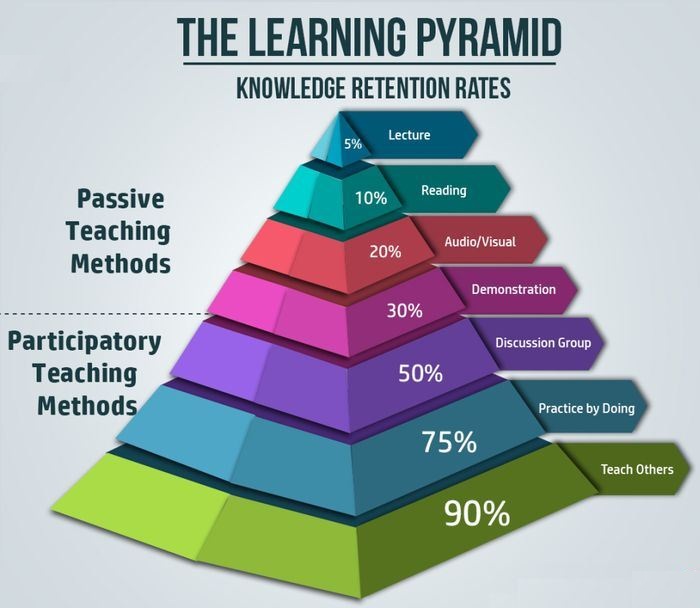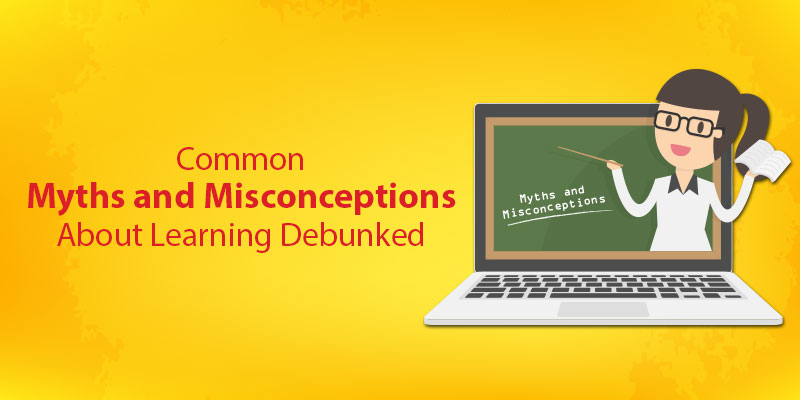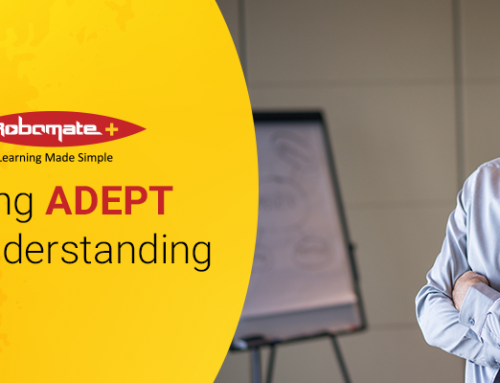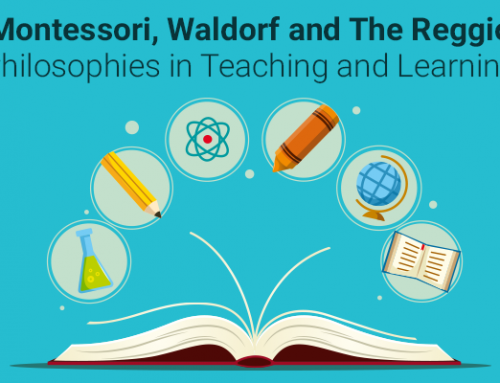We all perhaps agree that learning is a stepping stone to enhancing our knowledge, isn’t it? We keep learning throughout our lives, some via formal learning systems and a lot more from day-to-day on-the-job activities.
Children and adults believe certain practices can help them learn better. There seem to be fool-proof and proven age-old concepts on how to improve learning capabilities of an individual. However, you may be surprised to learn that many of these concepts are but mere myths and are thus quite misleading. Whether it is the marketing tactic of so-called experts who claim to improve your learning by using many of these methodologies, or the human tendency to believe hearsay and pass it on as well, the popularity of such myths runs deep within our social fabric.
Here are a few of these misconceptions:
Intelligence is decided at birth
This is untrue and study shows that one’s IQ can be nurtured with time.
Learning styles of individuals
There is belief that different people have different learning styles and these can be mapped with specific training techniques. The very basis of such categorization is faulty, and the learning methods cannot be directly mapped to those ‘compartments’. In fact, it is the experience of the trainer, cognitive skills of the learner, foreknowledge, etc. that play out heavily in effective learning.
The learning pyramid is the blueprint
Many theories around the learning pyramid have been published which tries to map the retention with the type of activity used – the lowest being 10% with ‘reading’ and going up to 90% with ‘doing’. Recent research has rejected the concept and refuses to slot the amount of learning in numbers.

Fancy fads of neuro-linguistic programming (NLP)
These are just misleading terms that link the psychological concept of boosting neurological skills to enhance learning. The data behind such claims is not sound enough.
The more time you spend, the better you learn
The efficiency curve goes down when the amount of time exceeds a certain saturation, and thereon learning does not increase linearly with time.
One subject should be learned at a time
This is contrary to an all-encompassing approach to well-rounded learning. Natural learning is able to map all aspects of a practical scenario better than compartmentalizing them into different ‘expertise areas’, each to be understood separately.
Reading and rereading improve learning
This is as away from the truth as possible. We are not computers to pick up the information that we come across, once or multiple times. Instead, quizzing or summarizing the read information in the form of relevant recall questions will yield better retention. Also, active learning promotes the idea of explaining the main ideas to yourself for reiteration.
The Science Behind the Making of Robomate+
It is good to be aware of what techniques will actually be effective in learning enhancement. At the same time, it is best to go the natural way. Most importantly, accept that learning is a continuous process and not a timed or periodic activity. So, consider learning an on-going activity that never stops at any age or time.













